Keywords: Catholic Church In Australia
There are more than 200 results, only the first 200 are displayed here.
-
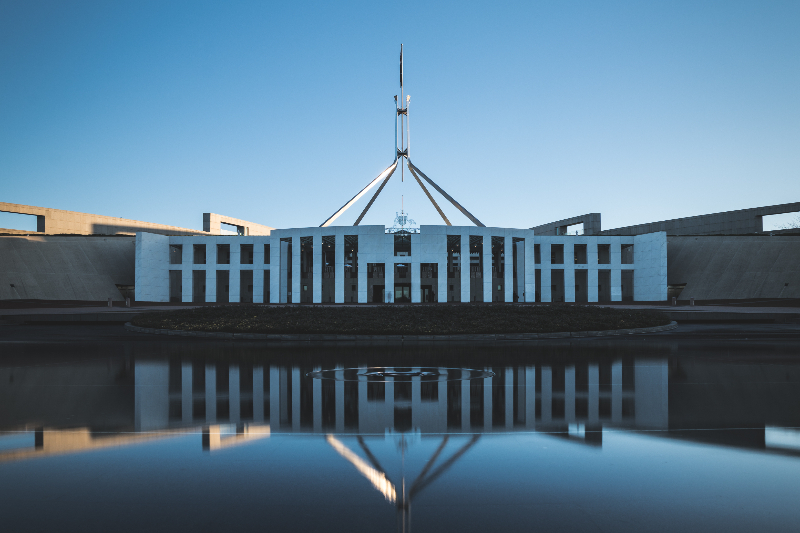
AUSTRALIA
- Frank Brennan
- 22 February 2022
1 Comment
In recent days, if you were to listen to the media reports, you could be forgiven for thinking that religious educators want to retain a right to exclude children or teachers from their schools on the basis of their gender or sexual orientation. Nothing could be further from the truth. Or nothing should be further from the truth.
READ MORE
-
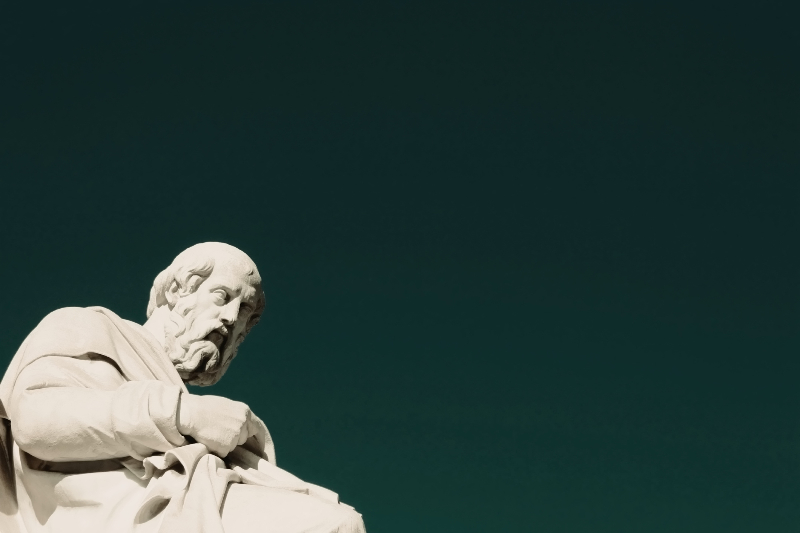
RELIGION
- Gerry O'Neill
- 17 February 2022
13 Comments
At a time when the Catholic Church is being invited to greater humility by the Plenary Council and greater synodality by Pope Francis it may be prudent to acknowledge both the richness and limitations of human knowing, especially when it comes to matters concerning ultimate reality.
READ MORE 
-
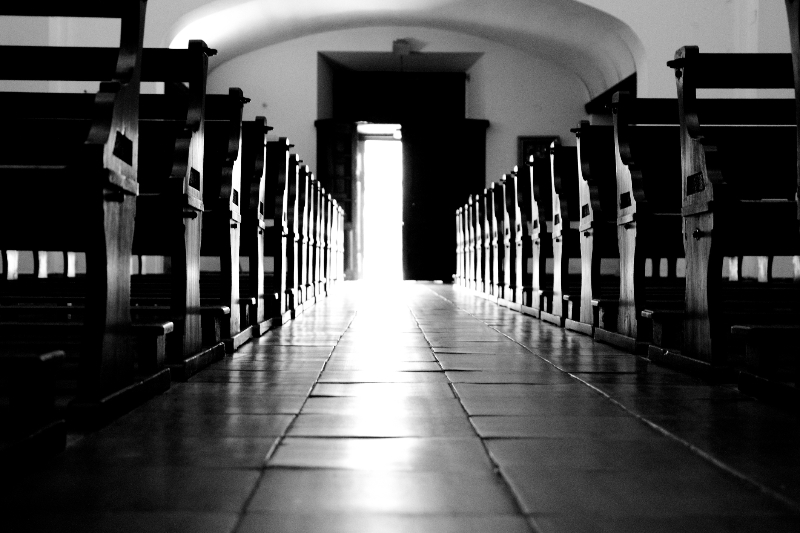
RELIGION
- John Warhurst
- 10 February 2022
37 Comments
The Church in Australia has taken a step towards greater transparency with the release by the Australian Catholic Bishops Conference (ACBC) of its first ever Annual Report-this one for the 2020 year. This step is welcome, but there is more to be done. Synodality and co-responsibility presumes that those who are walking together have equal access to information upon which to discern the future of the Church at all levels.
READ MORE 
-

RELIGION
- Jānis (John) T. Ozoliņš
- 03 February 2022
40 Comments
As if the Covid-19 pandemic has not been testing enough, modern life has never seemed more difficult than it does at present. We are bombarded on all sides by masses of information, misinformation, expert opinions, and the relentless, strident voices of social media browbeating us into accepting the dogmatic conclusions of leading influencers.
READ MORE 
-
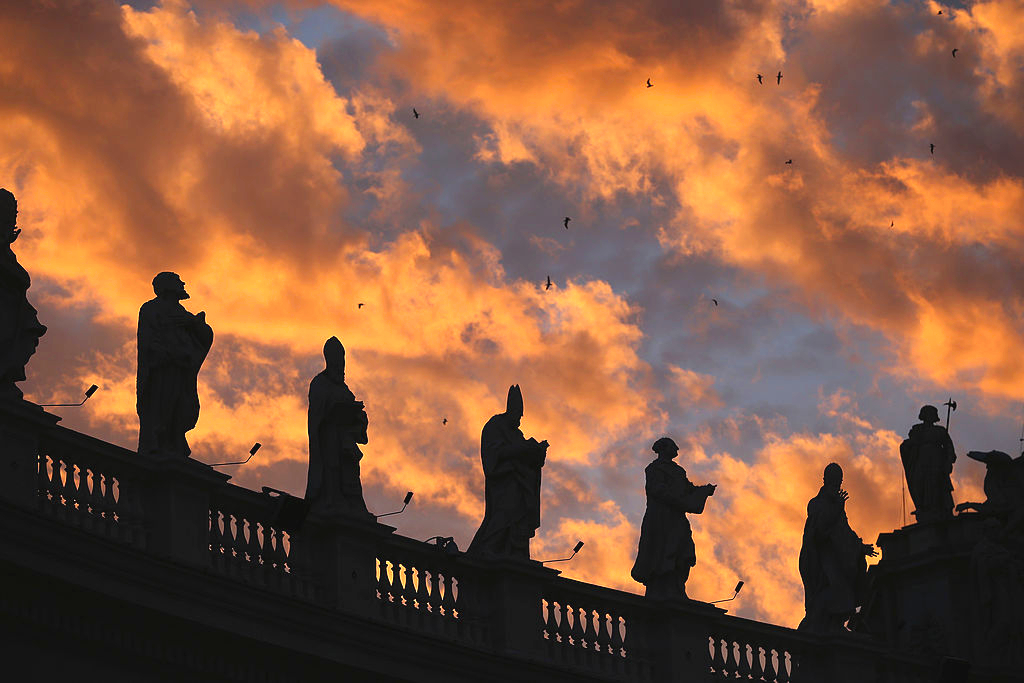
RELIGION
- Miles Pattenden
- 27 January 2022
31 Comments
Many Catholics will have found the news from Germany this past week painful. A law firm, Westpfahl Spilker Wastl, has presented findings in its investigation into historic sexual abuse in the Munich archdiocese. Running to 1,000 pages, the report is shocking: it lists at least 497 victims for the period 1945–2019 and identifies 235 probable offenders including 173 priests and nine deacons.
READ MORE 
-

AUSTRALIA
- Greg Craven
- 25 January 2022
53 Comments
One reasonably could ask whether this is the moment to write a book about the potential of Catholic Social Theory to contribute to Australian politics and policy. After all, the Church is still struggling to come to terms with decades of child abuse, hardly a recommendation for social potential. We currently also are attempting to make sense of a Plenary that is both confused and confusing.
READ MORE 
-
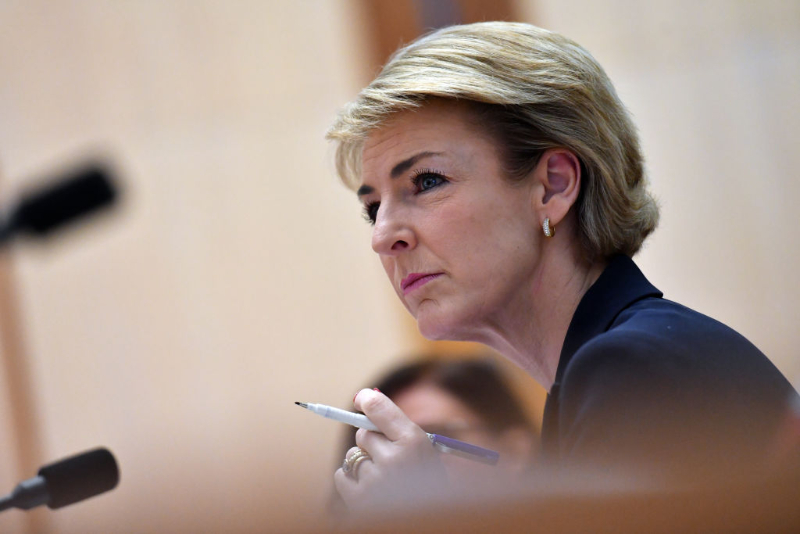
AUSTRALIA
- Frank Brennan
- 11 January 2022
2 Comments
It’s four years since the Australian Parliament amended the Marriage Act 1961 to provide that marriage means ‘the union of two people to the exclusion of all others’. The legislation followed the plebiscite on same sex marriage. To address the concerns of some religious groups, Prime Minister Malcolm Turnbull set up an expert panel chaired by long time Liberal Party minister Philip Ruddock to report on whether Australian law adequately protected the human right to freedom of religion.
READ MORE
-

FAITH DOING JUSTICE
- Andrew Hamilton
- 11 January 2022
3 Comments
The debate about quotas based on gender has been well canvassed. The wider issues raised about merit and meritocracy, however, merit further reflection. Far in the background to both conversations lies a sophisticated body of reflection on merit among Christian theologians.
READ MORE
-

RELIGION
- Francis Sullivan
- 04 January 2022
14 Comments
The First Assembly of the Fifth Plenary Council held few surprises. The program made sure of it. Proceedings were carefully choreographed and the agenda was deliberately anodyne. It took several days before participants found their feet. The upshot was a week devoid of strategic focus.
READ MORE
-

RELIGION
- Andrew Hamilton
- 04 January 2022
12 Comments
The exchanges within churches echo trends in national life that heighten disagreements, lessen respect, and tend to confine conversation circles to people of similar views. People become annoyed if those opposing their views gatecrash their forums. This trend creates problems for Church sponsored publications.
READ MORE
-
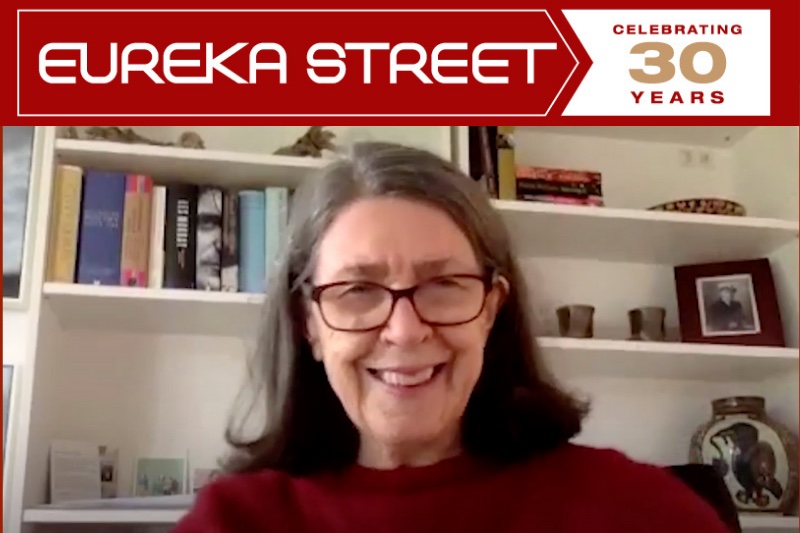
MEDIA
- David Halliday
- 16 December 2021
4 Comments
As part of the 30th anniversary of Eureka Street, we're running conversations with the team who first started the publication in 1991, alongside various people who have played a part in the Eureka Street story. In this video, Eureka Street editor David Halliday speaks with Morag Fraser.
READ MORE 
-

RELIGION
- John Warhurst
- 14 December 2021
31 Comments
Synodality confronts the traditional practice of hierarchy within the church. When the ACBC responded last December to The Light from the Southern Cross report, which promoted synodality and co-responsible governance, it re-stated its position that hierarchy was embedded in the church’s approach to governance. This immediately set up a potential tension between episcopal authority and participation in governance by the People of God.
READ MORE 